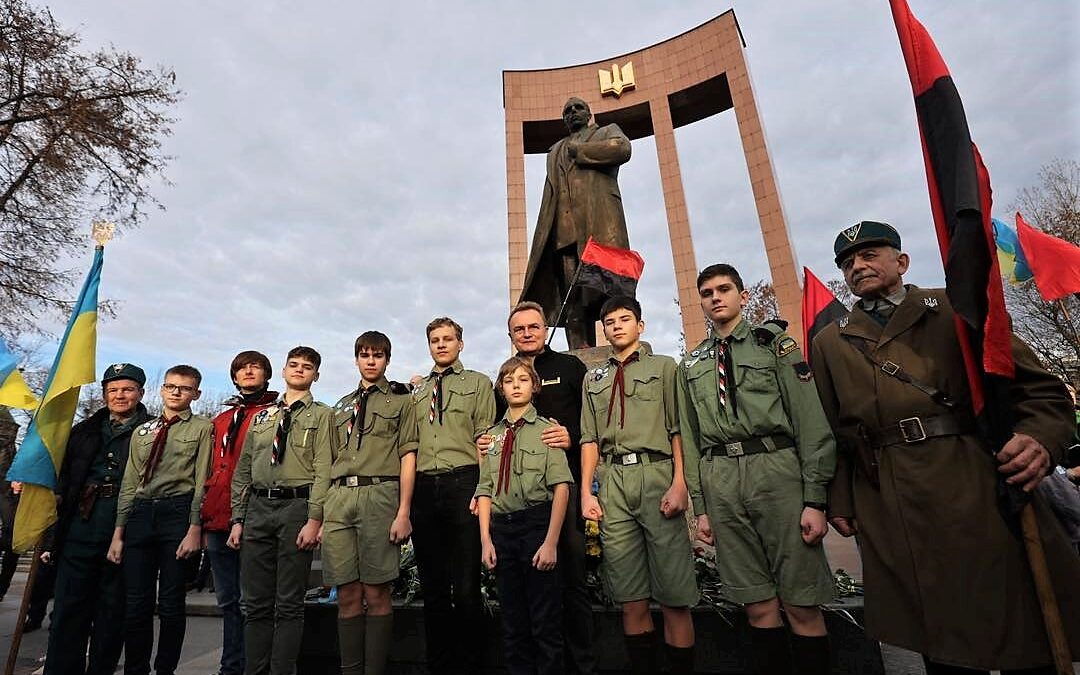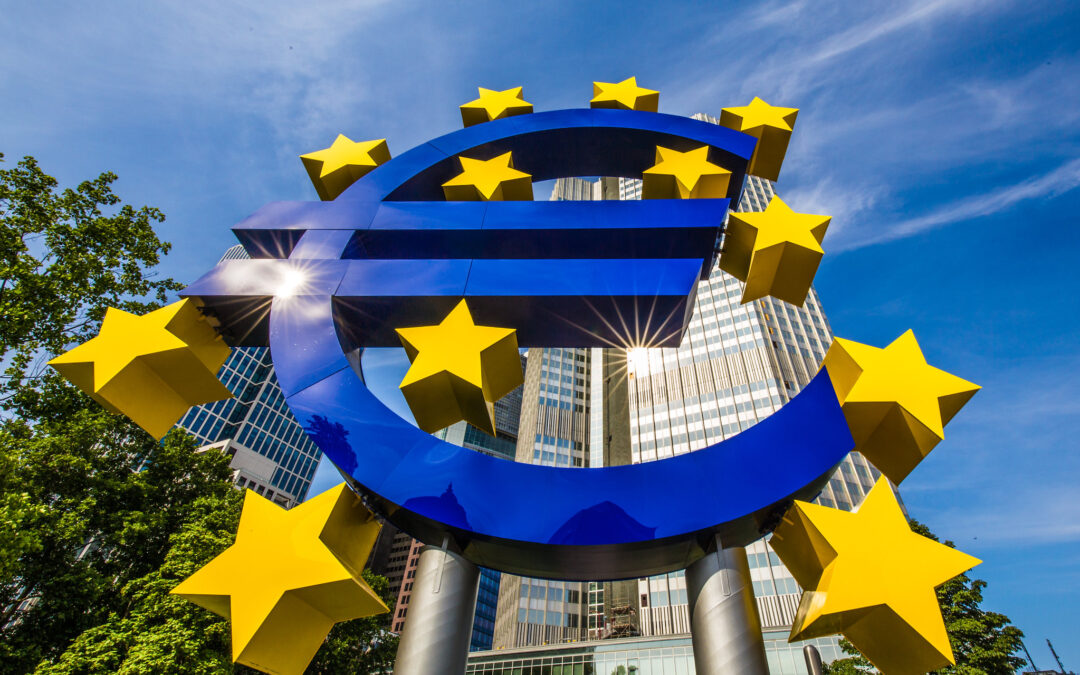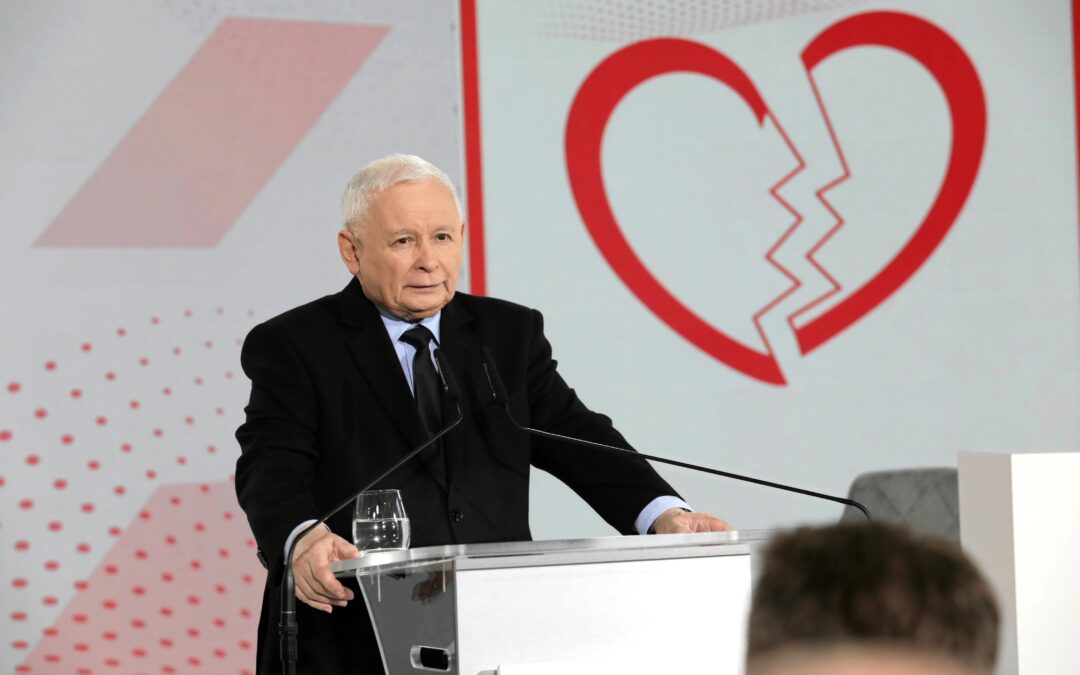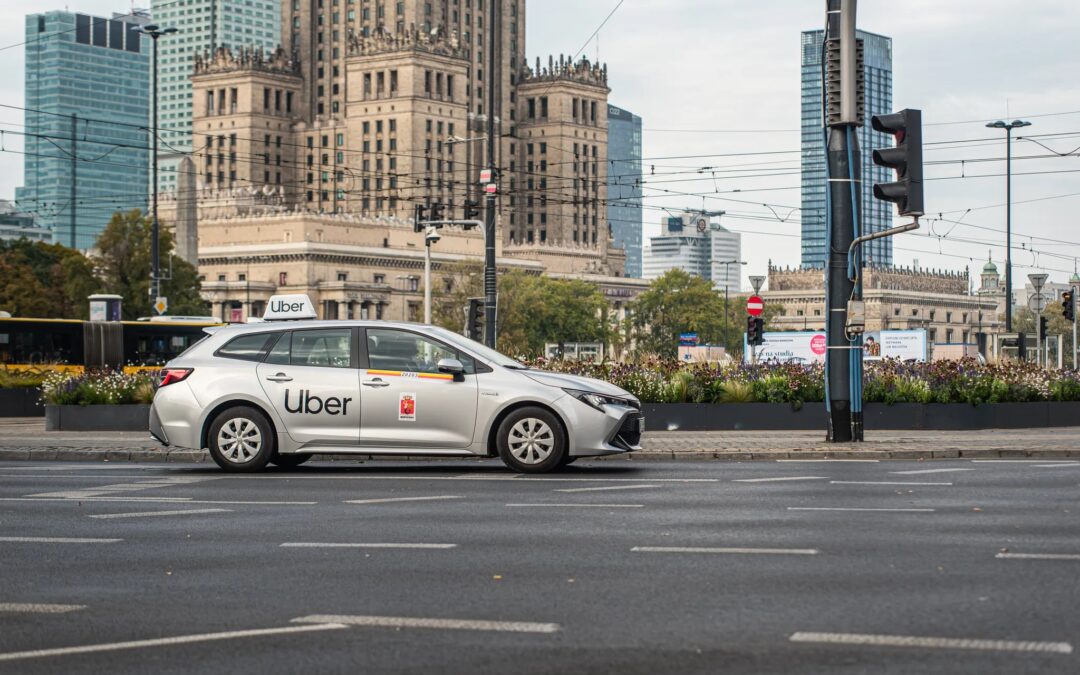After officials and institutions in Ukraine – including the national parliament – marked the birth anniversary of nationalist leader Stepan Bandera, Polish government figures have criticised the commemoration of a man they see as responsible for the genocide of ethnic Poles and Jews.
Despite Poland and Ukraine having forged an extremely close alliance against Russian aggression this year, remembrance of World War Two history – and in particular the massacre of up to 100,000 Polish civilians by the Ukrainian Insurgent Army (UPA) – continues to be a bone of contention.
Bandera – who led the OUN-B political organisation that formed the UPA – is seen as a hero by many in Ukraine for his role in fighting for national independence. Critics, however, see him as a fascist and Nazi collaborator.
Polish government figures have criticised the “unacceptable” decision by Ukraine to appoint as deputy foreign minister Andrij Melnyk, who recently denied that nationalist leader Stepan Bandera was responsible for the massacre of Poles and Jews during WWII https://t.co/Chr6Xu0p8x
— Notes from Poland 🇵🇱 (@notesfrompoland) November 23, 2022
Among those to mark the 114th anniversary of Bandera’s birth yesterday was Ukraine’s parliament. It tweeted an image of Valerii Zaluzhnyi, the current commander-in-chief of Ukraine’s armed forces, under a portrait of Bandera.
“The complete and final victory of Ukrainian nationalism will come when the Russian empire ceases to exist,” wrote the parliamentary account alongside the image, quoted by the Polish Press Agency (PAP).
“A fight against the Russian empire is currently underway,” it added. “And the guidelines of Stepan Bandera are well known to the commander-in-chief of the armed forces.”
The Ukrainian parliament has now deleted its tweet commemorating Stepan Bandera (this is what it looked like) pic.twitter.com/VGP0Oeb0Vs
— Christopher Lash (@ChrisLashHist) January 2, 2023
Although the post was later deleted, it drew condemnation in Warsaw from both government and opposition figures.
“The commemoration of Stepan Bandera, responsible for the mass murder of the Polish population, on the profile of the [parliament] of Ukraine must raise objections,” wrote Radosław Fogiel, a senior figure from the ruling Law and Justice (PiS) party.
“This must be made clear, especially to friends – all the more so [now] that Ukraine has new, true heroes” to commemorate, added Forgiel, who is chairman of the parliamentary foreign affairs committee. The spokesman for Poland’s foreign ministry, Łukasz Jasina, tweeted to express his agreement with Fogiel’s words.
Podpisuję się pod słowami @radekfogiel https://t.co/zxHT4wFnE6
— Łukasz Jasina (@RzecznikMSZ) January 2, 2023
In a separate statement, carried by state broadcaster TVP, Jasina said: “Our attitude to the crimes committed by the UPA remains unchanged. We hope that the rapprochement of the Polish and Ukrainian nations will lead to a better understanding of our common history.”
Subsequently, the prime minister, Mateusz Morawiecki, told PAP that the government took “an extremely critical [stance] towards any glorification or even remembrance of Bandera”. He added that there had been “terrible Ukrainian crimes” during the war, including “genocide”.
Morawiecki pledged that he would raise the issue during his next conversation with Ukrainian counterpart Denys Shmyhal.
An opposition leader, Władysław Kosiniak-Kamysz, head of the Polish People’s Party (PSL), likewise tweeted: “Bandera is responsible for genocide. Remembrance of a criminal by the Ukrainian parliament will not build good Polish-Ukrainian relations…[which] can only be built on truth.”
Apparently Verkhovna Rada deleted their Bandera tweet. Good. Historical memory is a learning process, often a painful one. Hopefully there would be opportunities to discuss who Bandera is, what he and his original and current supporters stand for and how it is perceived by others https://t.co/rP9AoRvOwt
— Eugene Finkel (@eugene_finkel) January 2, 2023
Another Ukrainian official to commemorate Bandera yesterday was Andriy Sadovyi, the mayor of Lviv, which before World War Two was the Polish city of Lwów.
“A new generation, which grew up on the example of Stepan Bandera, have gone into battle with the new Moscow horde,” he wrote on Facebook, alongside an image of a monument to the wartime leader. “[His] biography is a story of indomitability.”
In Lviv, hundreds of people gathered at the monument to mark the anniversary of Bandera’s birth.
In June, Poland’s foreign ministry intervened after Ukraine’s ambassador to Germany, Andrii Melnyk, denied that Bandera was responsible for the mass murder of ethnic Poles and Jews and also sought to justify his collaboration with Nazi Germany.
Although the Ukrainian foreign ministry distanced itself from Melnyk’s remarks at the time, a few months later he was appointed deputy foreign minister. Polish government figures called that decision “unacceptable”.
In 2021, the Polish and Israeli ambassadors to Ukraine jointly condemned a decision to name a stadium in Ternopil after Roman Shukhevych, a collaborator with Nazi Germany linked to the massacres of ethnic Poles and Jews.
However, recent years have also seen efforts to reach reconciliation over wartime history, led in particular by Presidents Volodymyr Zelensky and Andrzej Duda.
Speaking in July, Polish Prime Minister Mateusz Morawiecki said that Russia’s invasion offered Ukraine and Poland an opportunity to finally achieve that reconciliation.
In November, Ukrainian authorities gave permission for Polish specialists to search and exhume the graves of ethnic Poles killed by Ukrainian nationalists in one village during the war.
Main image credit: Андрій Садовий/Facebook

Daniel Tilles is editor-in-chief of Notes from Poland. He has written on Polish affairs for a wide range of publications, including Foreign Policy, POLITICO Europe, EUobserver and Dziennik Gazeta Prawna.



















